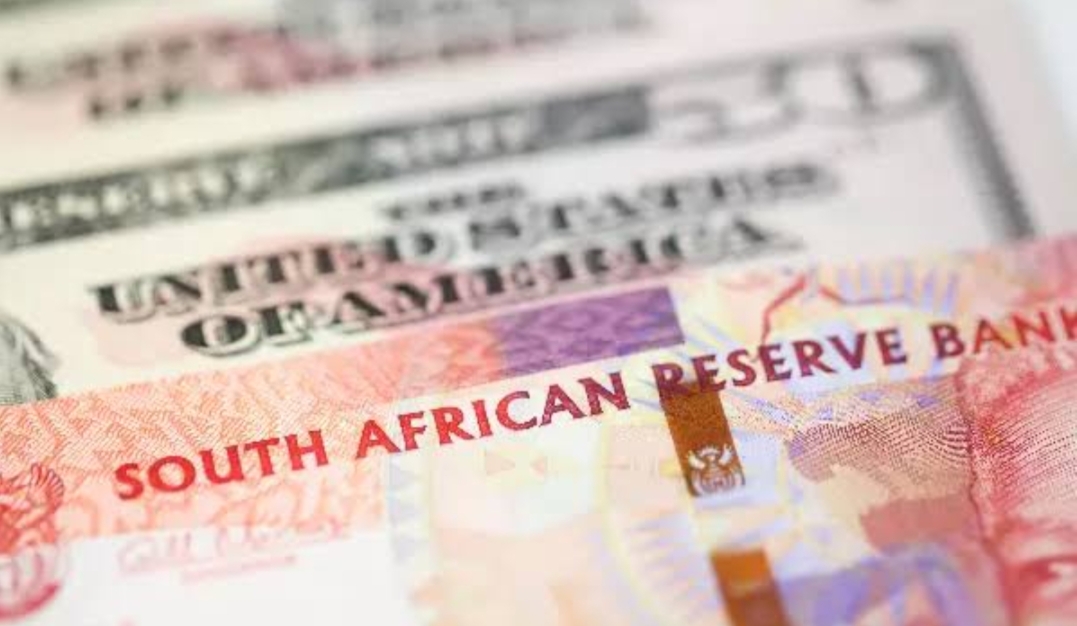Inflation is the general rise in prices for goods and services within an economy during a given time frame, usually a year. South African Inflation Rate has reached 5% as of 2024. The South African Reserve Bank and economic analysts have expressed the predicted or actual average rise in costs of goods and services in South Africa.

South Africa Inflation Rate 2024: Annual Rate Of Inflation
Inflation in 2024 has increased somewhat year over year thus far, hitting 5.6% in February. Food prices are growing by approximately 5.7% as a result of both global and possibly local shortages. The majority of economists and the South African Reserve Bank anticipate that the inflation rate will decline in 2024 and end up at about 5%. Presently, the annual rate of inflation has increased little and stands at 5.6%. In 2024, the high South African inflation rate of 5.7% will persist, which could fuel inflation. An average of less than 1% is predicted for the inflation of fuel prices. The causes of the rising cost of food are both local and worldwide shortages and increases in consumer or government spending, which puts pressure on finite resources and raises prices.
South African Inflation Rate In Previous Years
According to analysts and the South African Inflation Rate Reserve Bank, inflation will decrease in 2024 and end up at about 5%. Thus far, there has been a minor increase in inflation; in February 2024, it was 5.6% as opposed to 5.3% in January. The average rate of inflation in 2023 was 6%, which was lower than the rate in 2022 when it peaked at 6.87%. In recent years, the South African inflation rate ranged from 3.2% to 6.9%, but it was mostly steady in 2022. Inflation will stabilize at roughly 4.5% in the future years starting in the months of 2024 and beyond. Government actions, exchange rate fluctuations, and global economic uncertainty can all affect the real rate of inflation.
South Africa Inflation Rate 2024: Decrease In Inflation
Furthermore, ifood costs in South Africa will continue to be high in 2024, at approximately 5.7%, which could affect overall inflation. With an average of less than 1%, fuel price inflation is managed to be reduced. By the end of the year, the South African Inflation Rate will drop to 5% from 5.6% in February of 2024. To measure inflation, South Africa uses the CPI. With the use of the CPI, South African households’ average costs for goods and services are tracked as they vary over time. Food costs are predicted to rise by 5.7% as a result of inflation; this might be caused by more government or consumer spending, which would strain available resources and boost prices.
Rand loses purchasing power due to inflation. Anything that cost 100 Rand in 2023 would cost you about 105 Rand in 2024 due to a 5% inflation rate. The South African Reserve Bank may increase interest rates to combat inflation. As a result, borrowing may become more costly for both individuals and enterprises. Because earnings on investment may not keep up with rising costs, high inflation can be a deterrent to investment. Inflation will affect low-income households since they tend to spend a bigger amount of their income on necessities like food.
South Africa Inflation Rate 2024: Changes In Price
Events such as changes in the price of oil or recessions in other nations can also affect the import and export expenses of South Africa. In addition to raising the cost of imports and causing inflation, changes in exchange rates can also have an impact on the economy’s supply and demand through decisions made on taxes, interest rates, and spending. With several causes and consequences, the South African inflation rate in 2024 is a complicated problem. Although projections indicate a downturn in 2024, several variables may also affect the real rate.
The South African Reserve Bank, however, predicts that inflation will reach 4.6% by 2025, continuing its downward trajectory. The officials have anticipated that the forecasted slowdown is consistent for inflation over the next three years, with a likely stabilization of around 4.5%. Exchange rates, the state of the world economy, and federal government policies can all affect the real rate of inflation, which reduces your purchasing power and may lead you to concentrate on making investments that can exceed inflation within a goal range of 3% to 6% to support economic stability.
Important Links
